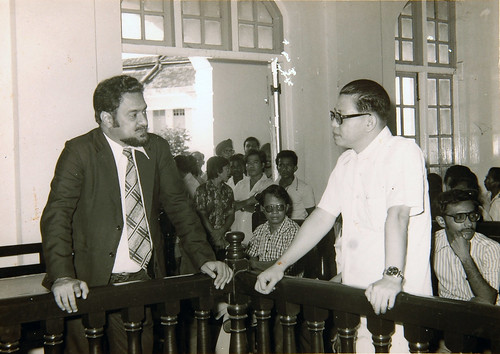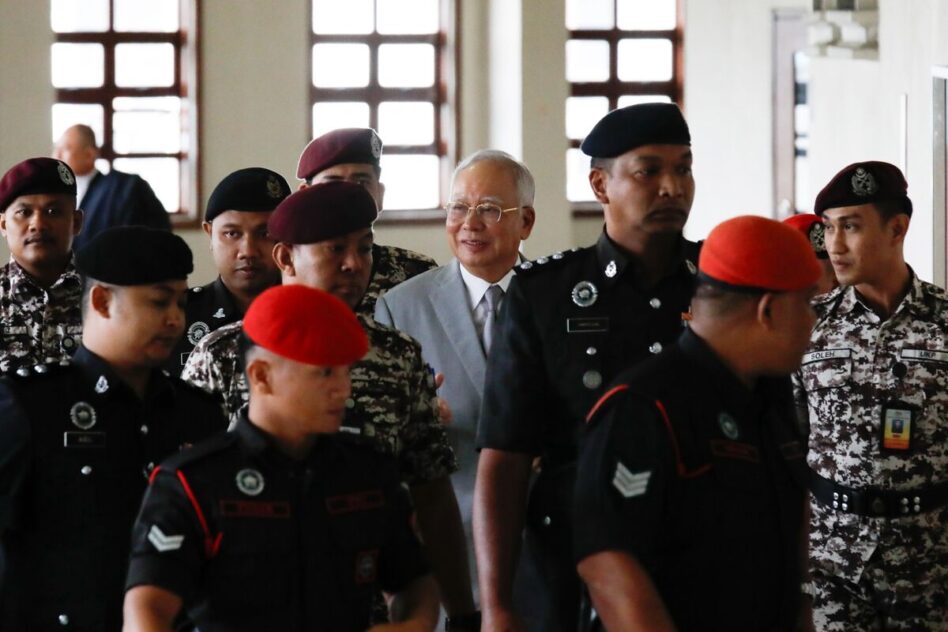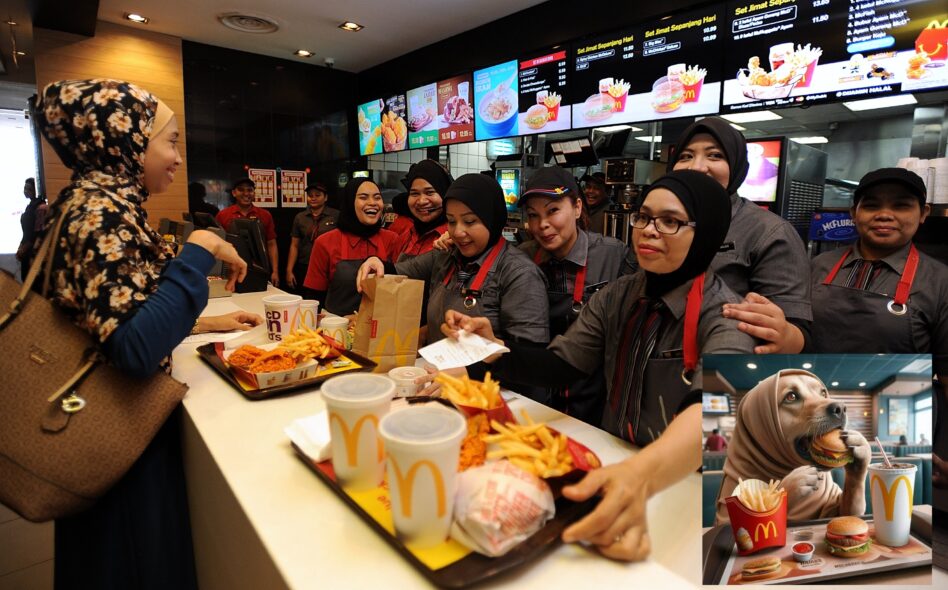IN Malaysia, legitimate tour operators and travel agents manage businesses licensed by the Ministry of Tourism, Arts and Culture (MOTAC) under the Tour Operating Business and Travel Agency Business (TOBTAB) regulations that were introduced in 1987.
Licences for tour operating businesses could be for inbound or outbound.
Those with inbound licence may also operate tour buses and vans or rental vehicles.
These commercial vehicles require individual permits that are granted only to companies with inbound tour licence.
Travel agency businesses are firms that act as agents for principals such as airlines and hotels.
They used to play a pivotal role as one-stop centres where customers could secure and usually pay less for flights and accommodations than prices charged by airlines or hotels to the public.
Also, it would be a hassle for would-be travellers to go from one airline office to another until they settle for a suitable flight.
Airlines too could not afford to operate too many branches just to sell their own services. With high overheads, these cost centres would slash overall earnings.
Therefore, travel agencies were highly valued and wooed by airlines and hotels until the advent of the internet in Malaysia from the mid-1990s.
In 2001, the new owners of AirAsia converted the airline into a budget carrier and facilitated travellers to make bookings directly online.
By 2008, airlines had stopped paying commissions to travel agencies in Malaysia for the sale of air tickets, which were five percent for domestic flights and nine percent for international.
Customers that refused to pay for service charged by travel agencies learned to book online.
With the introduction of smartphones later, a wide range of information became easily accessible.
The availability of many mobile apps allows users to book and pay for services on the go, and they could navigate without using large foldable maps or asking for directions.

Travellers could now go anywhere independently and confidently as they could move about easily in any large city using e-hailing service and no longer at the mercy or antics of local taxi drivers.
For longer distances, they could also compare options between bus services and trains.
If so, travel agents had become largely redundant except for travellers that have not embraced technology, but they are a dying breed.
Even for dining in locally, the MySejahtera app must be used for scanning QR codes and showing the double vaccination certificate when asked.
As for inbound and domestic tour operators that merely act as intermediaries by arranging services for their customers to be provided by suppliers, their prospects are just as bleak as travel agents.
The traditional role of middlemen has been greatly diminished by technology.
Only tourism operators that provide real services such as running their own tour buses for airport transfers, sightseeing tours or overland transfers will continue to be indispensable, just like hotels that provide rooms for accommodation and restaurants for food and beverage.
Outbound tour operators traditionally depended on tour groups that are escorted by tour leaders for overseas travel.
Many earned extra income through shopping commissions and optional tours that could be shared with their tour leaders, local tour guides or inbound tour operators.
But most international tourists are free independent travellers (FITs) and still growing.
While travel agents have become largely redundant as intermediary and soon to be followed suit by inbound and domestic operators merely acting as middlemen, what about outbound operators?
Sadly, they too would eventually suffer the same fate.
It is a matter of time before super-apps for international travellers become available and used by most international tourists in the same way giant e-hailing apps have succeeded in cornering the market away from traditional taxis.
Giant online travel agents (OTAs) have long captured the lion’s share of flight and hotel bookings that even brick and mortar travel agents buy from them.
And online marketplace for lodging had taken away market share from hotels by offering cheaper private accommodation.

Those developing super-apps for international travel are likely to borrow a leaf from Uber, which steamrolled the taxi industry globally by subsidising 58% of the fares resulting in customers paying drivers only 42% of the fare.
Although Uber had lost billions of dollars annually, the company’s valuation is worth much more.
It is the same with homegrown Grab that relocated to Singapore and would soon be listed in the Nasdaq Stock Market, an American stock exchange based in New York City.
In order to go public, Grab has chosen to merge with a publicly traded special purpose acquisition company (SPAC).
The merged company, to be known as GRAB, would be valued at US$39.6 bil. Upon listing, the company would keep US$4.5 bil (RM18.75 bil) in cash.
While cashflow is the lifeline for normal businesses, huge funding by venture capitalists could keep lossmaking start-ups afloat.
New businesses with the highest growth potential are those that could build up gargantuan customer database that may initially begin with just one service.
For example, Grab has introduced more than 10 on-demand ride-hailing services that include taxis, private cars, car-pooling, bicycle sharing, shuttle services, and bike taxis.
It has already ventured into multiple consumer services such as hotel bookings, on-demand video platform, ticket purchasing, food ordering, grocery shopping and a wide range of financial services.
It will be no surprise if super-apps decimate traditional travel agents by promoting travel passes at various destinations offering the greatest variety of options for hotel stay, meals, sightseeing, transfers, entrance tickets and other activities that tourists desire but at half the normal prices.
Hence, travel agents of the future would be super-apps that travellers could shop for the best options and prices and make bookings directly as and when required without going through intermediaries.
They no longer ask around for information that may be inaccurate or out of date. – Oct 19, 2021.
YS Chan is a master trainer for Mesra Malaysia and an Asean Tourism Master Trainer. He is also a tourism and transport business consultant and writer, and researcher for the Travel Industry Occupational Framework published by the Department of Skills Development.
The views expressed are solely of the author and do not necessarily reflect those of Focus Malaysia.










